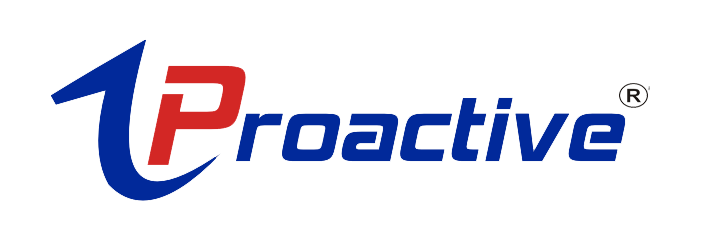The Rise of Voice Search Optimization: Optimizing Your Website for Voice Assistants
- June 30, 2023
- Advanced SEO Techniques, Digital Marketing, Voice
Voice search has witnessed a rapid rise in popularity with the increasing adoption of voice-enabled devices and virtual assistants. Voice search optimization is becoming crucial to ensure visibility and provide a seamless user experience. In this blog post, we will delve into the phenomenon of voice search and provide you with effective strategies to optimize your website for voice assistants. From adapting your content to optimizing for featured snippets and enhancing local search presence, we’ll cover all aspects of voice search optimization.
Voice Search Optimization
- Understanding Voice Search: Voice search involves users speaking commands or queries to a voice-enabled device or virtual assistant, such as Siri, Google Assistant, or Amazon Alexa. Voice search queries are typically conversational and longer than traditional typed queries. Understanding how users engage with voice search is essential to optimize your website accordingly.
- Adapting Your Content for Voice Search: Optimize your content to align with how people speak when using voice search. Focus on using natural language and long-tail keywords that mirror conversational queries. Incorporate question phrases and provide direct answers to commonly asked questions related to your industry or niche. Create FAQ pages or blog posts that address specific queries and use headers to structure your content effectively.
- Optimizing for Featured Snippets: Featured snippets are concise answers displayed prominently on search engine results pages. They are highly valued in voice search results. Optimize your content to increase the chances of appearing as a featured snippet. Structure your content using subheadings, provide clear and concise answers to commonly asked questions, and optimize your metadata with relevant information.
- Improving Website Speed: Website speed is crucial for voice search optimization. Users expect fast and seamless experiences when interacting with voice assistants. Improve your website speed by optimizing images, leveraging caching techniques, and minimizing code and scripts. Ensure that your website is mobile-friendly and responsive to cater to voice searches from various devices.
- Using Natural Language and Conversational Tone: When optimizing for voice search, focus on using natural language and a conversational tone throughout your website content. Anticipate how users would phrase their queries when speaking, and incorporate those phrases in your content. Write in a way that feels more like a conversation, providing valuable information in a user-friendly manner.
- Enhancing Local Search Presence: Voice search often involves queries related to local businesses or services. Enhance your local search presence to capture voice search queries with local intent. Optimize your website for local keywords, create and optimize your Google My Business profile, encourage online reviews, and ensure your business information is consistent across online directories.
- Structuring Data with Schema Markup: Implement schema markup on your website to provide search engines with structured data about your content. This helps search engines understand your website better and display relevant information in voice search results. Use schema markup for important details such as business contact information, product details, reviews, and events.
- Monitoring and Analyzing Voice Search Performance: Regularly monitor your website’s performance in voice search results. Use tools like Google Search Console and analytics platforms to track voice search queries that drive traffic to your website. Analyze user behavior, search patterns, and the effectiveness of your voice search optimization efforts. Make data-driven optimizations to improve your website’s voice search visibility.
As voice search continues to gain prominence, optimizing your website for voice assistants becomes crucial for maintaining visibility and providing a seamless user experience. By adapting your content, optimizing for featured snippets, improving website speed, using natural language, enhancing local search presence, structuring data with schema markup, and monitoring performance, you can ensure that your website is voice search-friendly and stays ahead of the curve.
Our expert team at Proactive Professional Services Pvt. Ltd. understands the nuances of voice search and can help you optimize your website to stay visible and provide a seamless user experience. From adapting your content and optimizing for featured snippets to improving website speed and enhancing local search presence, we cover all aspects of voice search optimization. With our tailored strategies and data-driven approach, we can help your website thrive in the voice search era.









